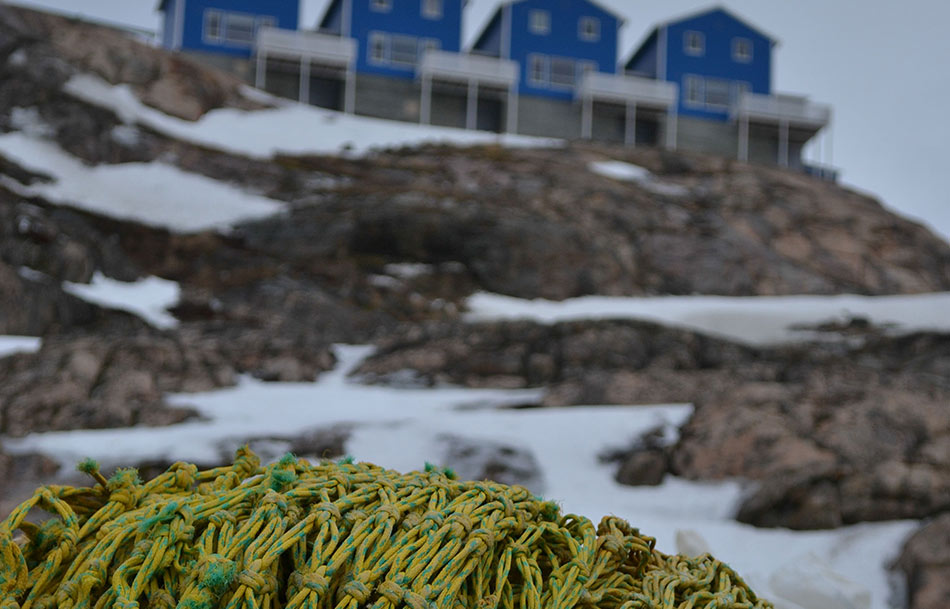Local enterprises in remote northern coastal economies create smart new industries from plastic marine waste to revive economies and keep the environment clean.
- 14 October 2016
Our initiatives have real potential to become self-sustaining and unlock hidden economic opportunities. By “staying local’, communities have the opportunity to see fishing nets and marine litter as a raw material as well as an opportunity to reduce their environmental footprint.
The stunning coastlines of the Northern Periphery & Arctic region have traditionally supported strong fishing communities. But times are changing. The industry is on the decline, while plastic fishing litter threatens wildlife and fishing boats.
The EU-funded Circular Ocean project has stepped in with support to develop smart ‘green’ industries from old plastic fishing nets and ropes. This represents 10% of marine waste and is a potential resource for many industries, and can be incorporated into products such as clothing and skateboards. Funded with EUR 921 176 from the European Regional Development Fund, the project helps local social enterprises and SMEs put the litter to profitable use.
This creates a circular local economy in the plastics –waste from one business is used in another for a self-sustaining overall economy. Circular Ocean cleans up the environment, breathes fresh life into remote economies and makes more sustainable use of materials communities already import.
Inspiration initiatives
For entrepreneurs, the three-year project developed its ‘Green Business Suite’ services. The package includes an online product and business idea evaluation framework for targeted stakeholders, an eco-innovation hub for sharing ideas and contacting potential partners, and four eco-innovation toolkits – printed advice on innovation for a circular economy.
Hands-on support includes pilot-testing new products, such as building materials reinforced with fishing net fibres, and water pollution filters made from old fishing nets. At the same time, a transnational network of experts advises local communities on how to recycle and re-purpose marine litter.
And the more people are involved in green enterprise, the wider its benefits spread. So Circular Ocean has developed training activities for eco-innovators and for future trainers. The project also held an innovation competition to encourage new ideas and concepts.
Positive potential
A market study, feasibility study and technical report at the project’s start confirmed there is demand for the business concept and that marine waste is suitable for commercial uses.
Less than a year in, the three-year project has already created 24 direct jobs. It aims to generate many more low- and high-skilled jobs across coastal communities – in design, development and manufacturing of innovative products, as well as transport, sorting and reprocessing marine waste.
Circular Ocean fits well into the European Union’s Blue Growth strategy for sustainable growth in marine and maritime sectors. It has drawn up policy papers to share the lessons it has learned so that other regions can profit from its ‘wealth from waste’ approach.
Total investment and EU funding
Total investment for the project “Circular Ocean” is EUR 1 472 185, with the EU’s European Regional Development Fund contributing EUR 921 176 through the “Northern Periphery and Arctic” Operational Programme for the 2014-2020 programming period.

